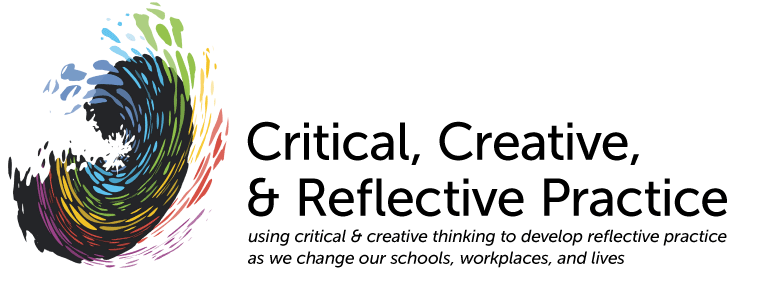Problem-based learning course, project presentations, May 6 & 13
May 6 7-9:30: Wheatley Hall, 1st floor, room 50
Messy Problem: (public health matter)
Worldwide, the number of overweight children will increase significantly by the end of the decade. Scientists expect profound impacts on everything from public health care to economies. Without realizing it, the Western world’s food industries have precipitated an epidemic with enormous health consequences. In Massachusetts alone, childhood obesity has tripled in the last twenty years, prompting the governor’s proposal of a “weight report card” that would require all public school students to be weighed in the first, fourth, seventh and tenth grades. Those in support advocate this as an opportunity for schools to take the lead and educate children and families about the risks of obesity. Those opposed view this as a private matter between parents and physicians. With respect to either of these positions there’s the possibility that the causes of obesity will be seen too simplistically and result in “band-aid” solutions.
Messy Problem: (public access issue)
Access to higher education for disadvantaged families and students is a complex issue that requires unique, creative solutions to financial and social barriers. While policy-makers, leaders in higher education and elected officials play an essential role in expanding college-bound opportunities, civic engagement is a component that is often overlooked. Furthermore, as Melinda Gates warns, it’s not enough to work to get more students into college; a lot more needs to be happening as well to get them through college. Regardless of what actions are being taken by whom, along the way non-apparent factors can impede even those strategies that are potentially more promising.
May 13 7-9:30: Wheatley Hall, 1st floor, room 50
Messy Problem: (public safety matter)
Although the number of outbreaks in food contamination has leveled off over the past few years, it is the variety of outbreaks that most troubles scientists and government health officials. Many of the contaminations are showing up in foods never before associated with poisoning. Not only are scientists puzzled about how such staples became tainted, but also that U.S. health officials need to do a better job of pinpointing potential sources of contamination before unsafe food winds up on supermarket shelves. The FDA, which lacks the authority to issue mandatory recalls, has relied on the food industry to enforce its own voluntary safety standards. And what little authority the federal agency does have is not regularly exercised.
